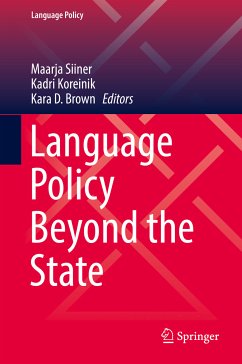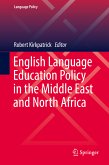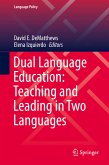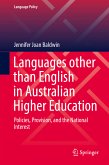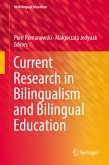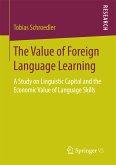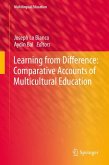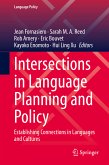Language Policy beyond the State invites readers to (re-)consider the ways language policy is constituted, taken up, and researched if we look within and past the state. Contributors to this edited volume draw attention to language policy as always in the making, focusing on agency, on-the-ground practices, and ideologies. The chapters of the book reveal how simultaneous, and at times contradicting, language policies exist within a state and explore the complex roles played by families, businesses, educational institutions, and media in generating and appropriating these policies.
By moving away from language policy analysis concerned primarily with how official state policies address well-defined language problems, some of the contributions of the volume highlight how the problems themselves can be ideological artifacts or are discursively constructed in language ideological debates that are provoked by changes in the geopolitical situation in the region. Using qualitative and descriptive research, the book uses Estonia as a setting to examine the ways historic and contemporary populations navigate language policies in both local and transnational spaces. As a whole, the collection speaks eloquently and powerfully to current efforts to understand and map the ways multiple institutions and individuals-not just the state-play an active role in forming and taking up language policies.
Dieser Download kann aus rechtlichen Gründen nur mit Rechnungsadresse in A, B, BG, CY, CZ, D, DK, EW, E, FIN, F, GR, HR, H, IRL, I, LT, L, LR, M, NL, PL, P, R, S, SLO, SK ausgeliefert werden.

